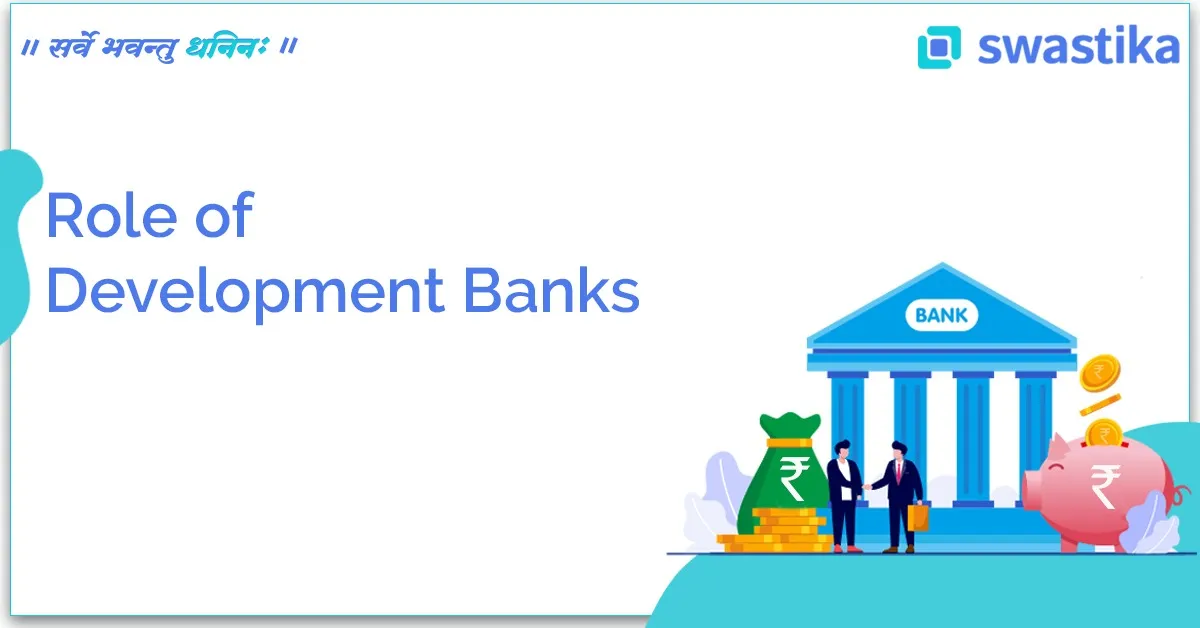Nowadays, everyone is looking for better returns. But the higher the return, the higher the risk. This is where low-risk investment options in India come into play.
If you are an investor who prefers safety to risk, then you are probably interested in low-risk investments.
The challenge with low-risk investments is that they don't offer super returns. They mostly guarantee capital preservation and a modest rate of return.
One way to maximize your income while minimizing risk is to diversify your investments across different asset classes. Here's a list of some of the most popular low-risk investment options in India.
Get the detailed Information about low-risk investments in India - call us at 0120 4400700
List of Low-Risk Investment Options in India
Public Provident Fund (PPF)
Public Provident Fund (PPF) is a long-term investment and savings instrument that is backed by the Government of India.
It offers an attractive rate of interest and returns are fully exempted from tax. It can be opened at any post office or designated branch of public sector banks in India. PPF accounts can now also be opened online.
Tenure - 15 Years
Objective - Long-term Investment Goals
Tax on returns - Nil
Interest rate - 7.9 percent
Tax on investments Nil up to Rs 1.5 lakh under Section 80C of Income Tax Act, 1961
Also Read - PPF Vs Mutual Fund SIP: Which Investment Instrument Gives You Better Returns
Reserve Bank of India (RBI) Bond
The Reserve Bank of India (RBI) Bond is the most popular low-risk investment option in India. It offers tax benefits under Section 80C and the interest earned is taxable as per your income tax slab rate.
If you choose to invest in RBI Bonds, here are a few things you need to know:
Eligibility for investment: You should be an Indian citizen above the age of 18 years.
Max amount allowed for investment: You can only invest up to 10 lakhs in these bonds.
Rate of interest: 7.75 per cent, payable annually.
Mutual Funds
Investing in mutual funds is a low-risk, high-return investment avenue. They invest in both equity and debt instruments, thereby generating returns for investors by offering them a steady stream of income and capital appreciation.
Mutual funds are managed by professional fund managers who invest an investor’s hard-earned money in different types of securities like stocks, bonds, and gold to earn a higher return on investment.
In the past 10 years, the average return generated by mutual funds was 12 per cent annually.
Though the returns vary depending on the asset class you choose. In equity mutual funds, the returns may be higher or lower than the average depending on the fund category you have chosen. Consult with our experts about investing in Mutual Funds
Gold ETFs
Gold has always been perceived as one of the safest investment options. It is also considered to be a hedge against inflation.
But gold in physical form does not generate any income and requires safe storage facilities. Also, there are security-related problems involved in storing gold at home.
However, if you invest in gold exchange-traded funds (ETFs) instead of buying physical gold, then these problems can be avoided. Gold ETFs invest in physical gold and track its price movements.
The only difference between investing in a Gold ETF and investing in physical gold is that the former is more liquid compared to the latter.
As per the latest data available on the website of the Association of Mutual Funds of India (AMFI), the average return generated by Gold ETFs over one year is 21%.
Also Read - Investment in Commodity Trading
Stocks
Investing in the stock market is risky and requires a lot of research from the investor to understand the fundamentals of investing.
If you want to trade in stocks or invest in equity funds, you need to have your PAN card ready as it is mandatory to trade in equity.
For those who want to invest directly in stocks, it is important to know how much money you want to invest and how long you are willing to wait for your investment to grow.


.png)




.webp)
.webp)

.webp)






